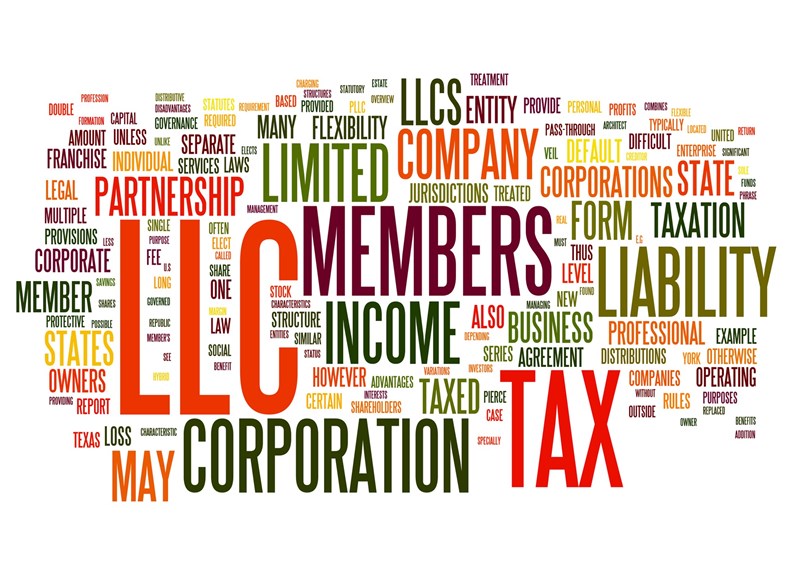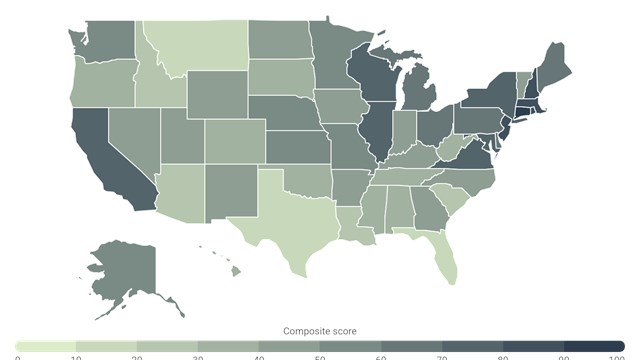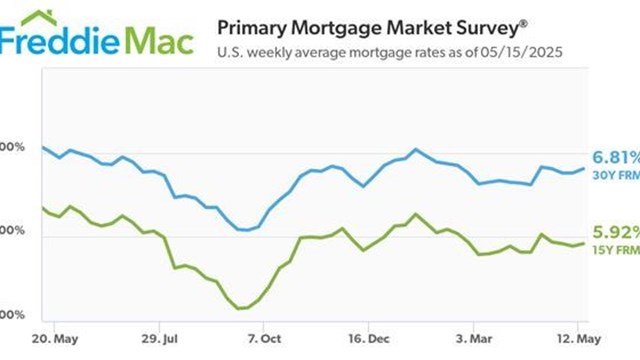While co-op boards have an enormous amount of influence over who is - and is not - allowed to purchase shares and call their building home, condo boards have far less power in that regard.
While co-op boards can (and usually do) reject buyers who conceal their actual identities through the use of single-purpose corporate entities or LLCs - usually for liability and tax reasons - the only options available to condo boards faced with such a buyer is to invoke the right of first refusal. That means either finding an alternate buyer at the same price agreed to by the rejected one, or raising the funds and purchasing the unit from the seller themselves. Both moves represent such heavy administrative and financial lifts that the right of first refusal is very rarely invoked. According to William McCracken, a partner at the law firm of Ganfer Shore Leeds & Zauderer, that means that in a market where many buyers are from overseas or are corporate entities looking to invest in NYC’s seemingly ironclad real estate, the use of LLCs “is almost ubiquitous for the purchase of condominiums. It obscures who the beneficial owner of the property is.”
New Law
A new law that passed both the New York State Assembly and New York State Senate earlier this summer would change part of that dynamic for condo boards. The LLC Transparency Act, or CTA, requires the identities of LLC owners to be disclosed. According to the State Assembly web page on the new law, the CTA in part “relates to the disclosure of beneficial owners of limited liability companies and foreign limited liability companies and certain information about such beneficial owners; requires the secretary of state to maintain a public database of all business entities organized in the state and all foreign business entities with authority to do business in the state.”
McCracken says that time will tell if the new disclosure rule will be of significant, concrete benefit to condo boards, “But from the position of law enforcement and regulation, it’s better to have information than not. There is a general principle that the more ‘sunshine,’ the better. It’s useful for many reasons to be able to see who owns a property.” Among those might be an improved ability to go after owners in arrears to collect monies owed, or to enforce rules around subletting or using condo units as short-term rental properties - both of which can be tortuous when an owner is obscured behind walls of shell corporations and faceless legal entities.
On the flip side, says McCracken, just because a buyer uses an LLC or other entity to shield their identity doesn’t automatically mean they’re up to something sketchy - many have perfectly legitimate reasons for not wanting a real estate purchase to be public knowledge. “Law-abiding citizens who just want to maintain their privacy will lose that ability when one can easily find out where they live,” he says. “Loss of privacy is a big issue today. There will be a lot of pushback from that direction. Particularly from celebrities.”
The CTA is currently awaiting Governor Kathy Hochul’s signature.










Leave a Comment